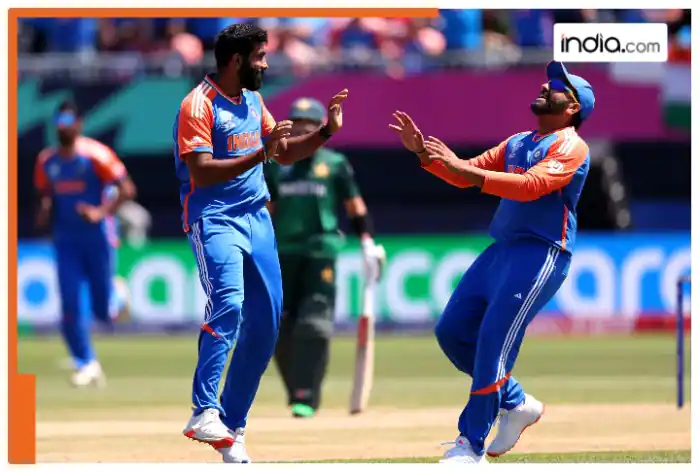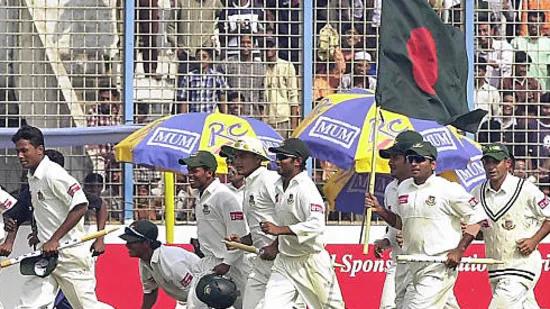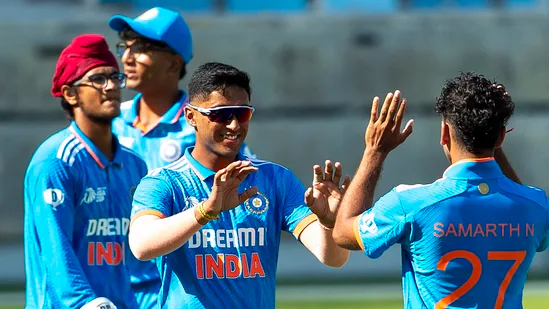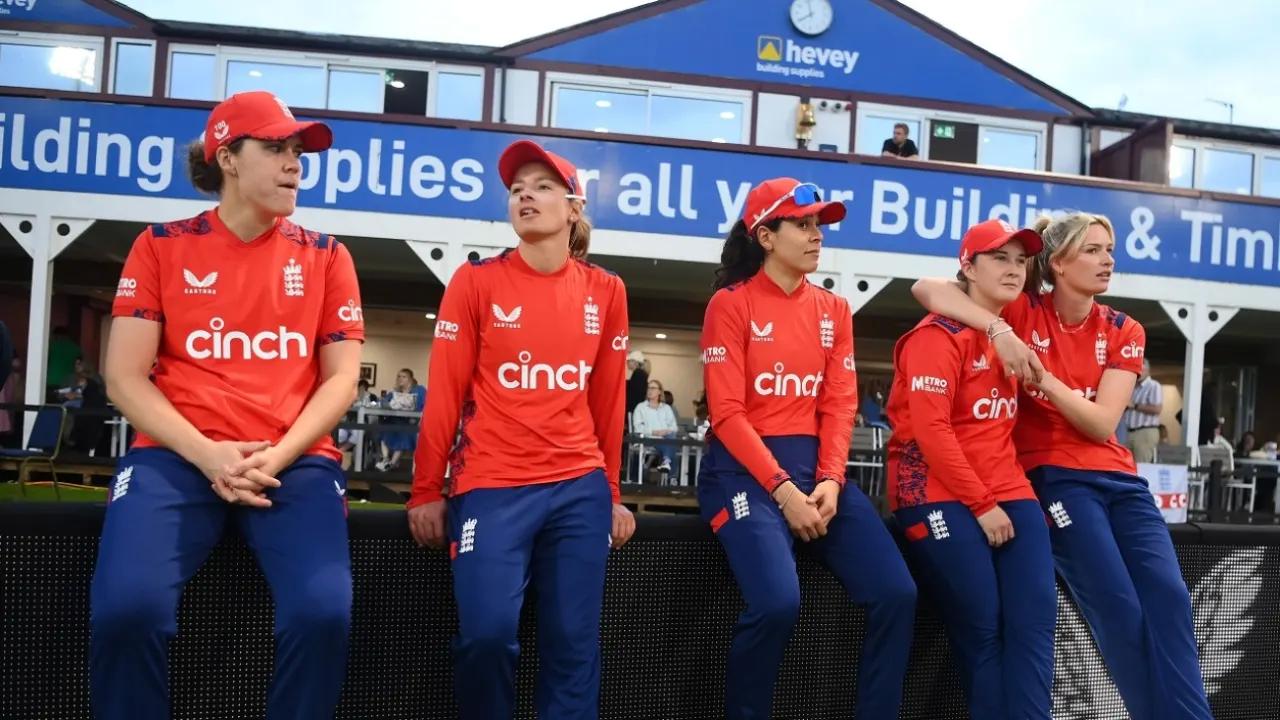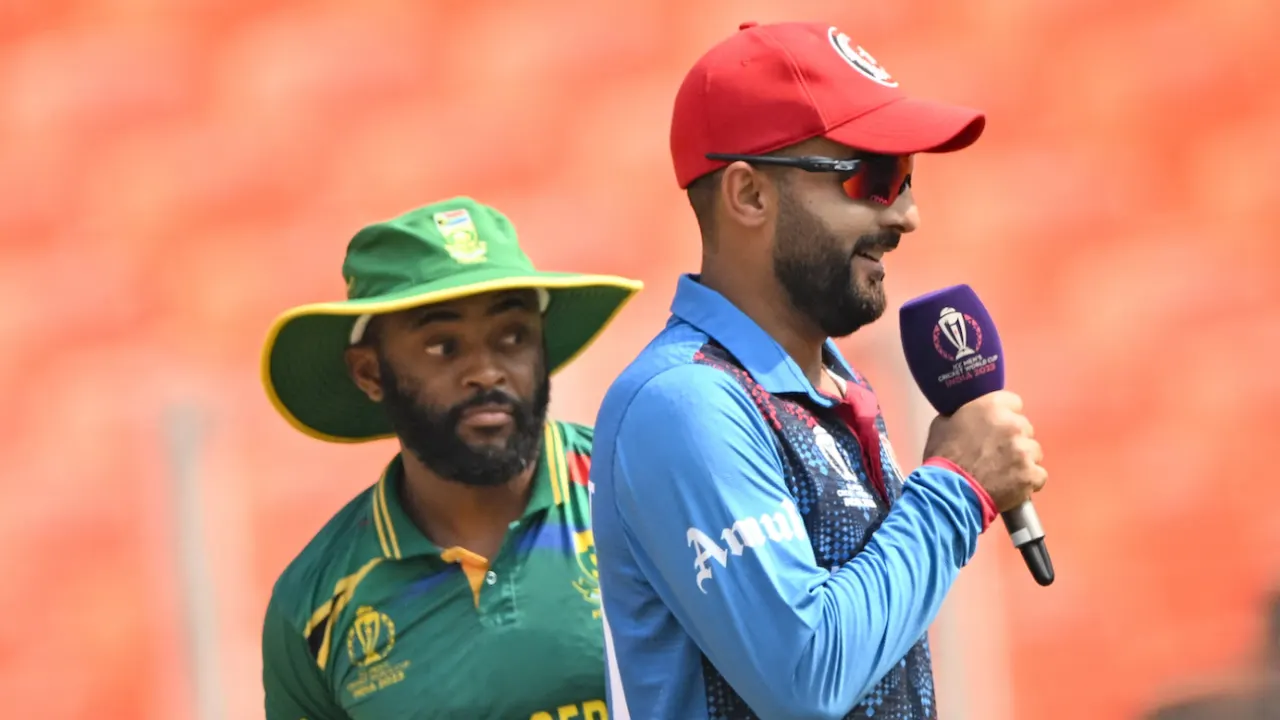India lose six wickets before lunch as New Zealand pacers dominate in overcast conditions
India were struggling at 34 for 6 against New Zealand, with Pant top-scoring on 15 not out. O'Rourke was the pick of the bowlers with figures of 3-13, supported by Henry who took 2-12.

It was well worth the wait. On their seventh day of Test cricket in India this year, New Zealand finally got on the field on day two in Bengaluru and lost a good toss. Once they were denied their wish to bat first under overcast skies and on a pitch that has remained covered all week, New Zealand's seam bowlers were all over India with deadly accurate bowling, reducing India to 34 for 6 in a stop-start first session.
India themselves wanted to bat first, which showed in their line-up of three spinners for the first time this home season, but didn't quite bring the kind of stubborn application that helped them draw the Test series in England 2-2 in 2021. New Zealand had fortunately hedged their bets: even though they wanted to bat first, they played three seamers, including the king of these conditions, Matt Henry.
It was apparent as early as the first overs that the ball was moving more than either of the sides expected. New Zealand started off with just two slips but reinforced the cordon. India were now reacting instinctively and not through mental preparation in the lead-up. Their instinct was to counterattack. Jaiswal played the first loose drive to just the 12th ball he faced after Tim Southee had been challenging him. Rohit Sharma survived an extremely close lbw shout off Henry on umpire's call but soon tried to charge Southee and loft him back over his head. The wobble-seam ball jagged back in to take the top of leg.
With Shubman Gill missing because of a stiff neck, Virat Kohli moved up to No. 3 for the first time since 2016. While it was brave of Kohli to move up, the batter perhaps best suited to seaming conditions is the current No. 6, KL Rahul, who is the only Asian opener with centuries in Australia, England and South Africa.
As it turned out, Kohli didn't get a chance to make a mistake or show application as the ninth ball he faced jagged back in and kicked at him thanks to Will O'Rourke's height, and took his glove to leg slip. Glenn Phillips took the catch diving forward; his presence there suggesting a plan.
Virat Kohli came in at No. 3, at the fall of Rohit Sharma's wicket
•
AFP/Getty Images
Another batting-order surprise followed as Sarfaraz Khan walked in at No. 4, a slot he doesn't even take in domestic cricket. It took him just three balls to attempt an aerial drive on the up, shanking it for a sensational catch by Devon Conway at mid-off, diving to his right and taking it well behind his body. A just reward for Henry, who drew an average seam movement of 1.3 degrees in the first session.
Rain brought a brief halt at 13 for 3 in 12.4 overs without a single boundary. India were in control of just 62% of the deliveries faced at this point. The bowling was ruthless: about half of them in the good length, only a few going fuller without becoming half-volleys.
In theory, the break should be good news for the bowling side as their bowlers can be ready for more spells but here they ran out of some of the awesome luck they had been enjoying. The first ball after the break was a half-volley, bringing India their first boundary. Soon Tom Blundell dropped a sitter from Rishabh Pant, and then the batters either played or missed or the edges flew wide of the fielders. The bowling also lost a bit of the relentlessness.
Eventually the fourth wicket came not off testing deliveries, but a middled cut shot by Jaiswal, who fell for 13 off 63, out of which he was in control of just 42. The luck had turned: Rahul nicked one down the leg side six minutes before lunch for a duck, and Ravindra Jadeja followed with an extravagant flick that produced a leading edge to what proved to be the last ball of the session.
Pant, though, went in unbeaten on 15 off 41 despite playing 18 false shots.
RELATED STORIES
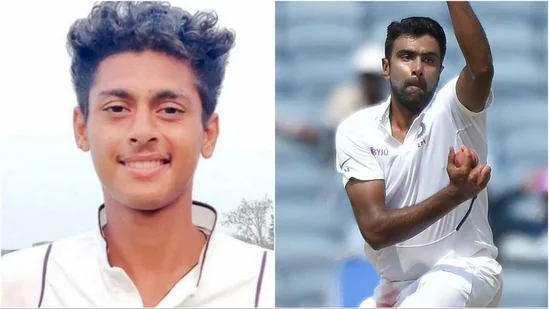
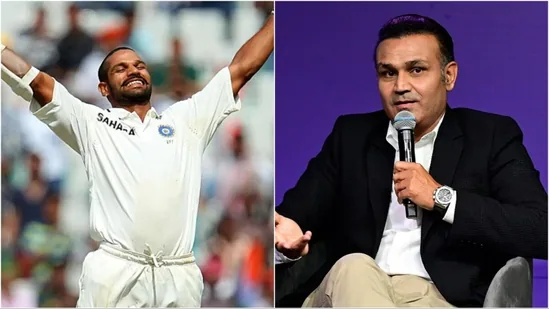
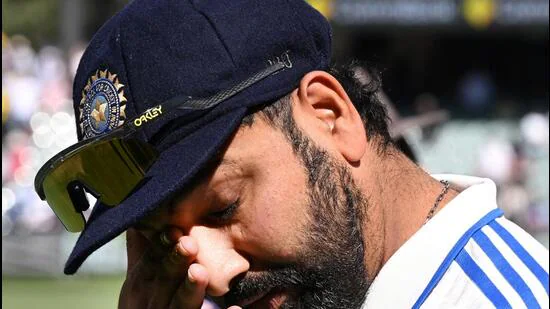

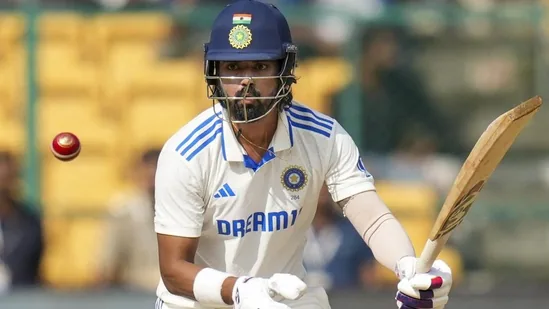
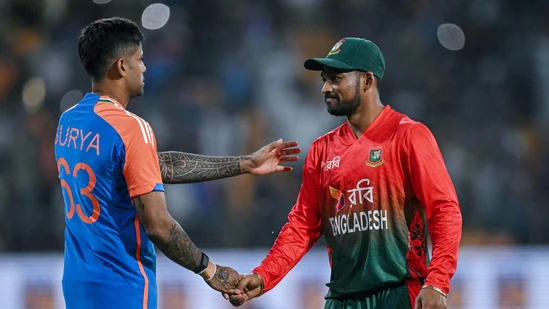
LATEST NEWS

